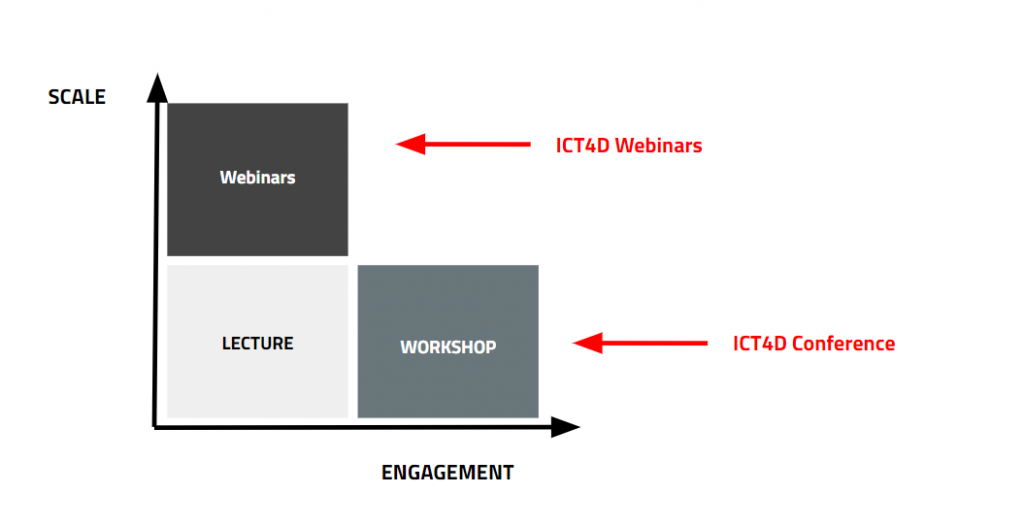If you want to change global behavior patterns, make the sustainable alternative better.
For the first time, the World Economic Forum’s (WEF) Global Risk Report claims that the top five risks facing the world are all related to climate change. And while Davos 2020 has gone to great lengths to calculate and offset all emissions to the Annual Meeting (see graphic, link) for those arriving by private jet (or boat), most of us in the international development are still flying commercial (economy class, American carrier) to participate in or deliver trainings that are essential for the execution of our jobs. But each time any of us boards a plane in service of vulnerable communities, we have to reckon that our method for doing so is putting those same communities at risk through contributing to climate change.
The Swedes have a word for it: Flygskam. Coined in 2016 and popularized recently by teenage activist Greta Thunberg, this Swedish noun (literally, ‘flight shame’) describes the feeling of climate guilt associated with airline travel. But for many of us, not travelling simply isn’t an option: There are global projects to launch, partners to meet, pressing health matters to address, standing conferences to grow our network, and so on. For many of us, guilt just isn’t enough of a motivator for a problem that can’t be solved individually.
But the recent novel coronavirus outbreak is a once-in-a-sector opportunity to upend these models, not just to cancel events that contribute to climate change, but to entirely rethink their delivery for scale, inclusion, and impact. Otherwise, the risk is that when the crisis is over, old models will take hold, and we will all be back to where we started.
But key to success will not just be making us feel bad about going to conferences: It will be about making us feel good about what we are doing instead. When Beyond Burger wanted to shift Americans from beef to plant-based patties — and in the process take the equivalent of 12 million cars off the road for an entire year — they focused on customer experience of eating meat and tried to recreate that through sustainable means.
But what are the customer experiences of conferences?
When presenting at the ICT4D conference in Kampala last year (there’s the Flygskam, again), we tried to unpack what it is that online experiences serve, and what purpose in-person workshops can fulfill. The chief takeaway from looking at current offerings is that technology is explored for scaling across geography, while workshops are useful for intensity of peer-to-peer learning.
But this year, before we all meet again in Abuja on April 21,it might be worth exploring what it would like if we were able to free the conference experience from geography?What could it mean for recreating that sector-specific learning experiences, conference-wide networking, small-group relationship building, one-on-one mentoring…if it wasn’t restricted to those who could afford the resources and time to be there?
In looking at our data from a recent course in TC101: How to Teach Online, we mapped out exchange between learner cities over a four-week period in the forums versus real attendee city data for ICT4D over the same time period.
Versus a single round trip to Kampala:
Of course, an online learning exchange in a forum or chat isn’t the same as an in-person conference experience.
But what are the components of that experience that could be recreated online?

